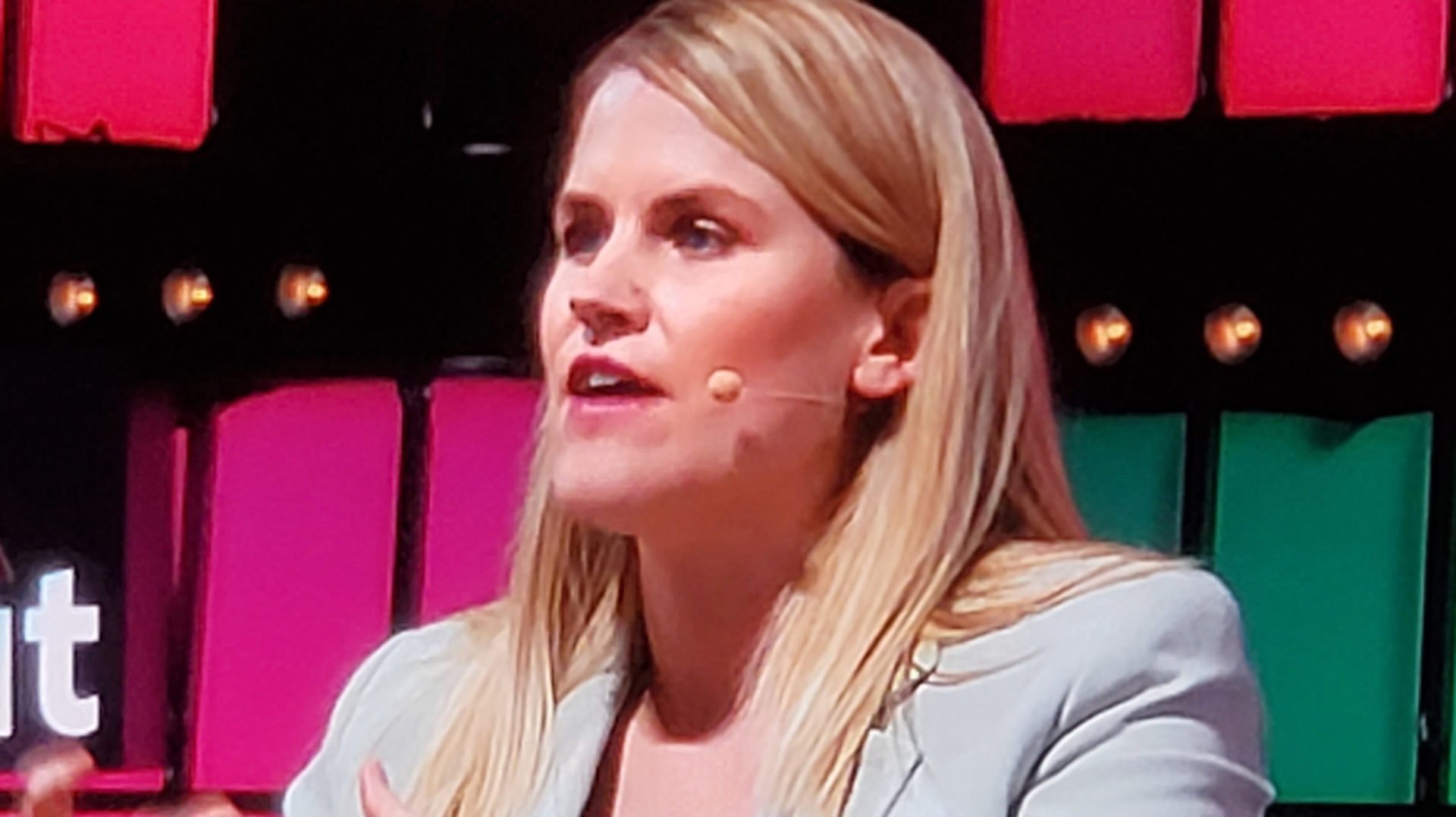There is one unalloyed benefit from the vast antitrust assault unleashed against Facebook this week by the U.S. Federal Trade Commission and 46 states, plus Guam and the District of Columbia: the company will have to finally start being more careful.
Facebook has been heedless, and society has been harmed. This has been true over many years but is becoming more and more apparent, especially to government regulators and officials all over the world. Along with many others, they are concerned not just about its failures to compete fairly, but also to protect user privacy and safety, restrain hate speech, fairly govern the flow of information and especially to ensure its services do not harm democracy.

For all that, the two anti-trust lawsuits filed this week–one by the FTC and one by the states–are relatively narrow in their purpose. They aim to show that the company has taken a predatory approach to competition and has engaged in a pattern of harming competitors, in several key cases buying them to eliminate threats. The plaintiffs want to force Facebook to spin off Instagram and WhatsApp, two major parts of its social media empire.
The cases are compelling in enumerating examples of predatory behavior, and there is no question Facebook has acted improperly in numerous instances. However, it is highly unlikely that in the end government lawyers will succeed in prying Instagram and WhatsApp away from Facebook. And that may be OK. I am not convinced that for all the different kinds of damage this company causes society, its continued ownership of these two properties should be at the top of the list. I am also not convinced that its ownership of these services is the most important way Facebook harms consumers, protecting whom is ostensibly the purpose of American antitrust law. And finally, I am not convinced that consumers–or call them here “voters”–want their government officials breaking apart a company that more than half of all Americans use every day.
This doesn’t even address how legally viable is the suit, which many question, or how hard Facebook will fight it—which will be unbendingly. Here’s one reason: eMarketer calculates that this year Instagram will account for almost 49% of Facebook’s total U.S. ad revenues, a percentage that has almost doubled in just the last two years. In some ways Instagram may BE the future of Facebook. (WhatsApp, by contrast, generates essentially no revenue.)

Yet other good things could come from this effort, for example new rules about what rights different services, apps, and websites have when they interact on the net. The Wall Street Journal today examines that promising possibility.
So is this the right lawsuit? Possibly not. Does there need to be massive government pushback against the company? Absolutely.
I welcome this lawsuit because Facebook must be forced to pay more attention to the needs and concerns of society. The scrutiny that will now be directed at Facebook for a prolonged period will undoubtedly cause it to move more carefully and deliberately in a variety of realms, not just in its approach to mergers and competitors. While the company ostensibly retired the slogan “move fast and break things,” in reality that psychology remains alive and well at the company, and in the head of its unchallengeable leader.
CEO Mark Zuckerberg’s arrogance and hubris is the primary reason for the company’s heedlessness, and he is able to think and act that way because he has absolute control of the company. His personal voting control over the company’s stock allows him literally to do whatever he wants. When several members of the company’s board of directors in the last two years questioned his judgement on key matters, he simply removed them. The Facebook board today is essentially a rubber-stamp body. If internal governance has failed at Facebook, government governance may be required. In other words, if Zuckerberg won’t sufficiently improve Facebook on his own, he needs to be forced.
One of Facebook’s central problems is that Zuckerberg refuses to accept any analysis suggesting his company has made fundamental errors in its public posture or social role. And of course, if there aren’t errors there isn’t need for fundamental corrections. He is completely convinced that the world, including government regulators and legislators in every country, fail to understand the macro benefits of Facebook’s ability to bring people together. He believes that even though there may be shortcomings in Facebook’s behavior or social impact, those shortcomings are far far outweighed by the virtues it brings to the world.
Government needs to assert its primacy over Facebook because Facebook risks overpowering government. Facebook, along with several other well-known companies, has an influence, power, and even authority in society that threatens governments’ own capacity to oversee the systems of countries and the safety, security, and health of their citizens. One way this is manifest is Facebook’s disproportionately large impact on the conduct of elections in every country in which it operates. The decisions Facebook makes about what constitutes appropriate campaigning online are often more influential on the outcomes of those elections than decisions of the governments themselves. That has to change. As a major article in the new issue of Foreign Affairs puts it: “Internet platforms cause political harms that are far more alarming than any economic damage they create. Their real danger is not that they distort markets; it is that they threaten democracy.”
Does this lawsuit address that? Not really. Setting parameters, though, and even simply slowing the relentless expansion of Facebook, has virtues in itself. The main thing I hope and expect will come from this and other like actions around the world is a more responsible and cooperative stance from the company when it comes to modulating the negative impacts it has on society. This is the first big step in forcing Facebook to operate in a world of rules.
So I applaud New York State Attorney General Letitia James, who led the coalition of states, and the FTC. They may not get exactly what they want, but they will slow Facebook down. The fact that government in Facebook’s home country has finally put it on notice, finally stood up in a substantial way to its unreasonable power, is in itself a cause for celebration.
—
David Kirkpatrick, Techonomy’s founder, has covered Facebook extensively since October 2006. He wrote The Facebook Effect: The Inside Story of the Company That is Connecting the World way back in 2010. His views of the company and its founder have hardened considerably since then.















